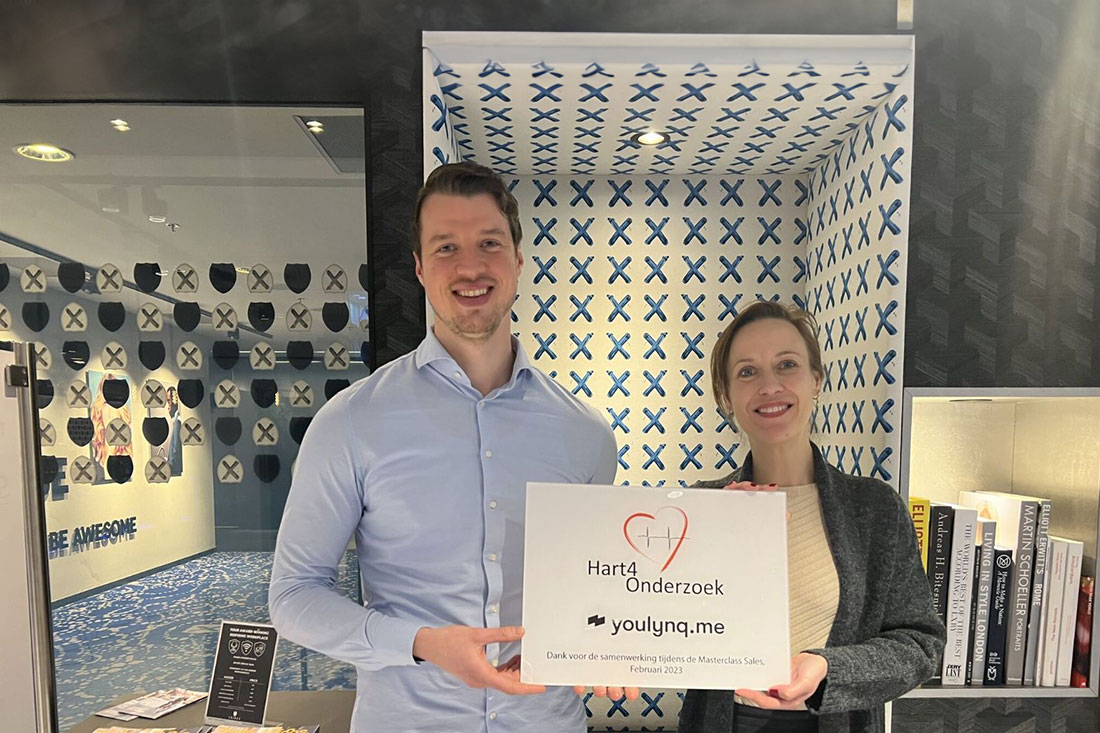We have all experienced that moment when a project is (almost) completed, and we have to shift our focus back to networking with recruiters.
As a recruiter, my sole dedication was to serving the client. I worked with a project-focused approach, starting with the opportunity and then searching for a freelancer who would be the perfect match.
For each individual opportunity, I had to create a long list of 50 freelancers. From there, I would narrow it down to a shortlist of 25, requiring me to make calls and meet with all 25 freelancers. If I was fortunate, one of them would be placed on the project.
Doing some quick math, it becomes apparent that I had to disappoint 24 freelancers every time. This didn’t feel good, neither for me nor for the freelancers involved.
Here are the reasons why and how we can deal with it.
Why?
- They work client-based. Recruiters primarily focus on serving their big clients rather than freelancers. This means that unless there is a perfect matching assignment available, you may not be relevant to them. The benefit for both recruiters and freelancers lies in the one-time matchmaking.
- They need to score. Recruiters have targets to meet, such as targets for calls, meetings, and deals. As a result, much of their effort is focused on quantity rather than quality. You become just one of many candidates in their pipeline.
- They work assignment-based. Recruiters are primarily focused on filling specific job positions. Networking introductions to clients are rare in their approach. It often boils down to a simple yes or no decision, with intense competition among freelancers.
- They’re not an expert. While there are exceptions, recruiters may have limited knowledge about the specifics of a project or the client’s requirements. Their focus is more on the overall fit rather than in-depth project understanding. What freelancers need to know before negotiating with recruiters is that, due to this limited knowledge, they should come prepared with detailed insights about their skills, experience, and the value they can bring to the project.
- Lower rate preference. Unfortunately, recruiters often work within the client’s budget and have the incentive to secure freelancers at a lower rate. This means they may not always prioritize securing your best possible rate.
How can we deal with it?
- Turn 180 degrees. We work freelance-based. We help you build your own network of clients and find your own opportunities. We intelligently automate this process to optimize and structure it for continuous success. Even while you’re on a project, we ensure the pipeline remains filled. The network we create belongs to you and can be utilized throughout your entire career.
- We don’t need to score. Your new network will score for you. Our role is to develop your network and enhance your personal brand. Our success is directly tied to yours. We share the same interests and objectives.
- We don’t seek assignments; we seek clients. There are two job markets: one where projects are published on platforms and recruiters compete for them, and the other where projects are obtained through personal networks. Our aim is to expand your network and connect you with decision-makers, hiring managers, or business owners. The advantages are twofold: you establish contact with clients ahead of others, and you can even create your own projects by engaging with clients before opportunities arise. Both freelancers and managers prefer this approach.
- You are the expert. You communicate directly with the client while we provide guidance whenever necessary. The process is transparent, and there is no interference in communication.
- A higher rate for freelancers is better. Our rate is fixed, ensuring that our interests are always aligned. This mutual interest is a crucial aspect of our collaboration.
What I realized during my time as a recruiter is that 75% of my time was spent on sales activities and meeting with freelancers, without any actual opportunities. Only 25% of my time was dedicated to adding value and closing deals. I asked myself, why couldn’t I allocate 75% of my time to adding value and focus only 25% on sales?
My aim is to dedicate all my time to adding value for you.
That’s why we made a change and have been following this approach ever since, And it’s working.













